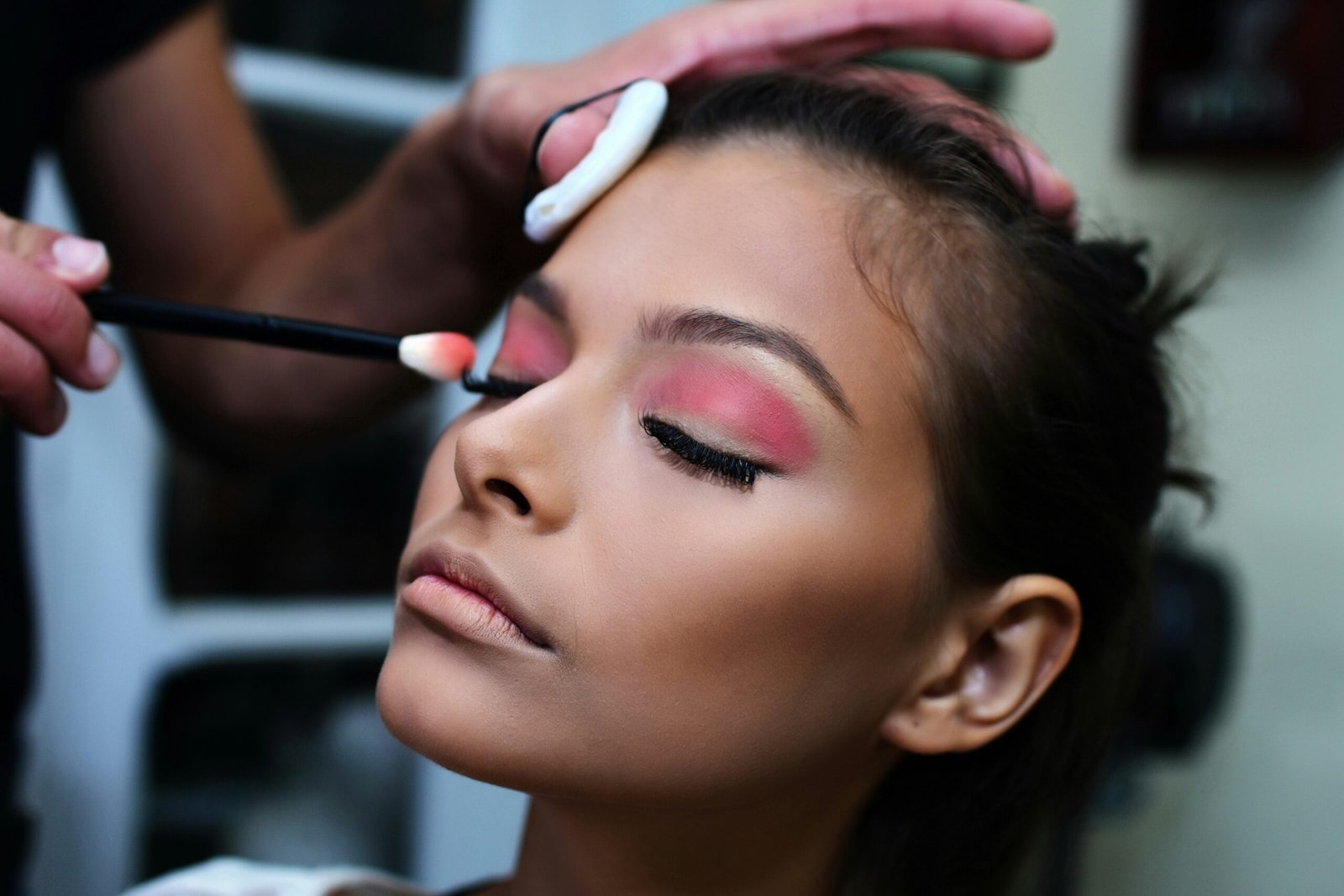
Call it beauty standards or media influence, but most women, young and old, are more concerned about their skin. Flawless skin is often considered an essential marker of beauty standards, which is evident from shelves full of well-presented beauty products. Flawless skin is smooth and well-hydrated without any visible wrinkles, blemishes, scars, or unevenness. Beauty and skincare products aim to repair damage and improve health by targeting underlying skin layers to alter collagen/melanin production.
Many products use chemical-based ingredients, which adversely affect sensitive skin. This is why many women opt for products containing naturally derived ingredients such as kojic acid. Hydroquinone is another brightening agent widely used in pigmentation-lightening skincare. As both actives reduce the level of melanin production in your skin, you may want to know which one more effectively fades age spots, acne scars, and uneven skin tone. Let’s find out.
Kojic Acid vs. Hydroquinone: Which is Better?
Both kojic acid and hydroquinone are popular choices for addressing hyperpigmentation (dark patches of skin), but they differ significantly in their origin, mechanism of action, and safety profile. While hydroquinone is a synthetic chemical, kojic acid is naturally derived, making it a safer and more environmentally friendly option for many skincare enthusiasts.
Kojic Acid: The Natural Brightening Agent
Kojic acid is a byproduct of the fermentation process used in producing foods like sake, soy sauce, and miso. Its natural origin appeals to those seeking cleaner and gentler skincare solutions. Kojic acid works by inhibiting tyrosinase, the enzyme responsible for melanin production. This action effectively reduces age spots, acne scars, and uneven skin tone.
One of the standout benefits of kojic acid is its multitasking ability. Beyond lightening pigmentation, it also offers antioxidant properties, which can help combat free radicals and improve overall skin health. Additionally, it has a lower risk of side effects like irritation or ochronosis, which are sometimes associated with prolonged hydroquinone use.
For those curious about integrating kojic acid into their routine, kojic acid soap is a convenient and popular option. If you’re wondering what is kojic acid soap, it’s a skincare product enriched with kojic acid designed to gently exfoliate and brighten the skin.
To achieve the best results, it’s essential to learn how to use kojic soap properly:
- Apply it to damp skin
- Let it sit for a minute or two
- Rinse thoroughly.
Always follow up with moisturizer and sunscreen to protect your skin.
Hydroquinone: The Controversial Chemical
Hydroquinone, on the other hand, is a synthetic compound widely regarded as a powerful depigmenting agent. Like kojic acid, it targets tyrosinase to reduce melanin production. However, its aggressive action often comes with risks. Hydroquinone can cause irritation, redness, or dryness, especially in individuals with sensitive skin. Prolonged use has been linked to ochronosis, a condition where the skin darkens instead of lightening.
Due to these potential side effects, hydroquinone use is regulated in many countries, and limited concentrations are available over the counter. While it may deliver faster results than kojic acid, its long-term safety remains a concern for many users.
Why Kojic Acid is the Better Choice
For those seeking a natural, gentle, and effective approach to pigmentation issues, kojic acid is the clear winner. It offers comparable results to hydroquinone without the harsh side effects. Its additional antioxidant benefits also contribute to healthier, glowing skin.
Moreover, products like kojic acid soap make incorporating this ingredient into your routine simple and accessible. Proper use lets you enjoy a brighter complexion while minimizing the risks associated with synthetic chemicals.
Final Verdict
While hydroquinone has long been a go-to for pigmentation treatment, its potential drawbacks make kojic acid a safer and more versatile alternative. If you’re considering adding a brightening agent to your skincare routine, kojic acid might be the perfect fit for achieving radiant, even-toned skin.







